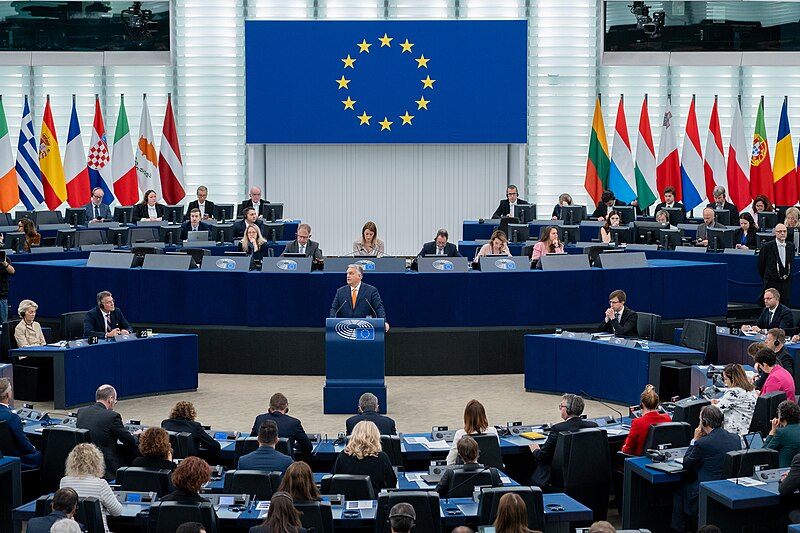East-Central and Southeast Europe has successfully halted the almost continuous decline in political transformation since the BTI 2012, with EU accession candidates Albania and North Macedonia showing particularly impressive progress. Croatia and North Macedonia have reached their highest level of democratization in a decade, and Kosovo is also once again edging toward its best score. By contrast, increasingly authoritarian leaders in Hungary, Serbia and – until the October 2023 elections – Poland have consolidated their power.
Economically, the region has faced two strikingly different periods, one characterized by recovery from the pandemic with generally strong growth rates, the other plagued by soaring inflation driven in large part by Russia’s full-scale invasion of Ukraine and its impact on energy prices. Across the region, public debt and budget deficits are long-term challenges, exacerbated by rising inflation and interest rates. Declining fiscal stability is the main driver of deteriorating scores in economic transformation. Yet, a strong majority of 13 out of 17 countries has successfully maintained or achieved an advanced or highly advanced state of economic transformation.
Despite a consistent downward trend in the Governance Index since the BTI 2006, East-Central and Southeast Europe still clearly outperforms all other BTI regions in this regard. In the short-term, most scores remain stable, with Estonia and Albania being positive, Serbia, Romania, Montenegro and Slovakia negative exceptions. Most of the region’s countries have grappled with an intensifying polarization in domestic politics while tensions between some states have escalated. Notably, Hungary and other NATO members have clashed over support for Ukraine, and long-standing hostilities between Kosovo and Serbia continue to flare up.
The region remains leading among BTI regions - and the only one without an autocracy. However, Russia’s full-scale invasion of Ukraine will have a lasting impact on the future developments in most countries.
Allan Sikk
Regional Coordinator East-Central and Southeast Europe

